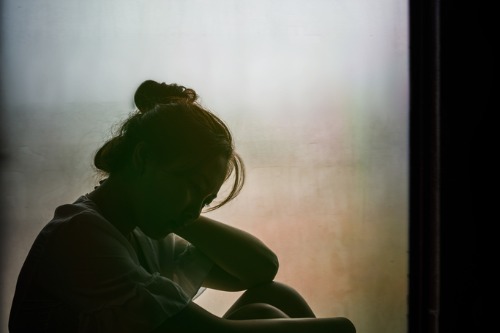Survey reveals intensified feelings of stress and suicidality amid second wave of COVID-19

The winter season is likely to be even bleaker than usual this year as the dragging pandemic eats away at Canadians’ mental well-being.
Drawing from a survey of 3,000 adult Canadians, the Canadian Mental Health Association (CMHA) in partnership with UBC researchers found 71% worried about the second wave of the virus, including 58% who were concerned about a loved one or family member dying.
As winter season gets under way, only 21% of Canadian respondents said they felt hopeful, and 40% said their mental health has declined since March. The deterioration was reportedly worse among the unemployed (61%), those with pre-existing mental health issues (61%), and younger people between 18 and 24 years old (60%). Minorities including Indigenous peoples (54%), LGBTQ2+ individuals (54%), and those with a disability (50%) were similarly hard-hit.
“Cold weather, uncertainty, eroded social networks and restrictions on holiday gatherings are hitting at a time when people are already anxious, hopeless and fearful that things are going to get worse,” said Margaret Eaton, national CEO of CMHA.
The survey, conducted in fall, found 10% of Canadians had recent thoughts or feelings of suicide, compared to 6% in the spring. Suicidal thoughts and feelings were especially elevated in subgroups such as LGBTQ2+ (28%), those with pre-existing mental illnesses or mental health issues (27%), and those with a disability (24%).
“Particularly concerning are the levels of suicidal thinking and self-harm, which have increased exponentially since before the pandemic and are further magnified in certain sub-groups of the population who were already experiencing stigma, exclusion, racism and discrimination,” said lead researcher Emily Jenkins, a professor of nursing at UBC.
Nearly four tenths (39%) of Canadians were worried about finances, particularly parents of minor children (48%) and those whose household incomes were less than $25,000 (51%) who reported financial concerns due to COVID-19.
People are adopting different coping strategies – some less healthy than others. Overall, 17% said they’ve taken to using substances more; 20% said they’re drinking alcohol more, 9% are turning more to cannabis, and 7% are increasing their usage of prescription medication.
“t's encouraging that half of Canadians are exercising outdoors as a way to cope with the pandemic, but only 11 per cent are accessing virtual mental health services or supports,” said Anne Gadermann, co-lead researcher and professor at the School of Population and Public Health, UBC.
Even before the pandemic, Canada’s mental-healthcare system was falling short of people’s needs, the CMHA said. Problems like long waitlists, access issues, inequity, and underfunding have only been underscored as the COVID-19 crisis continues.
“Lengthy wait times are a problem, in part, because there has been a chronic underfunding of community-based mental health services and a reliance on intensive, high-cost services like hospitals and acute care,” Eaton said. “If we fund community-level interventions, this will alleviate pressure on an acute-care system already hit hard by COVID-19—and get people the help they need sooner.”



